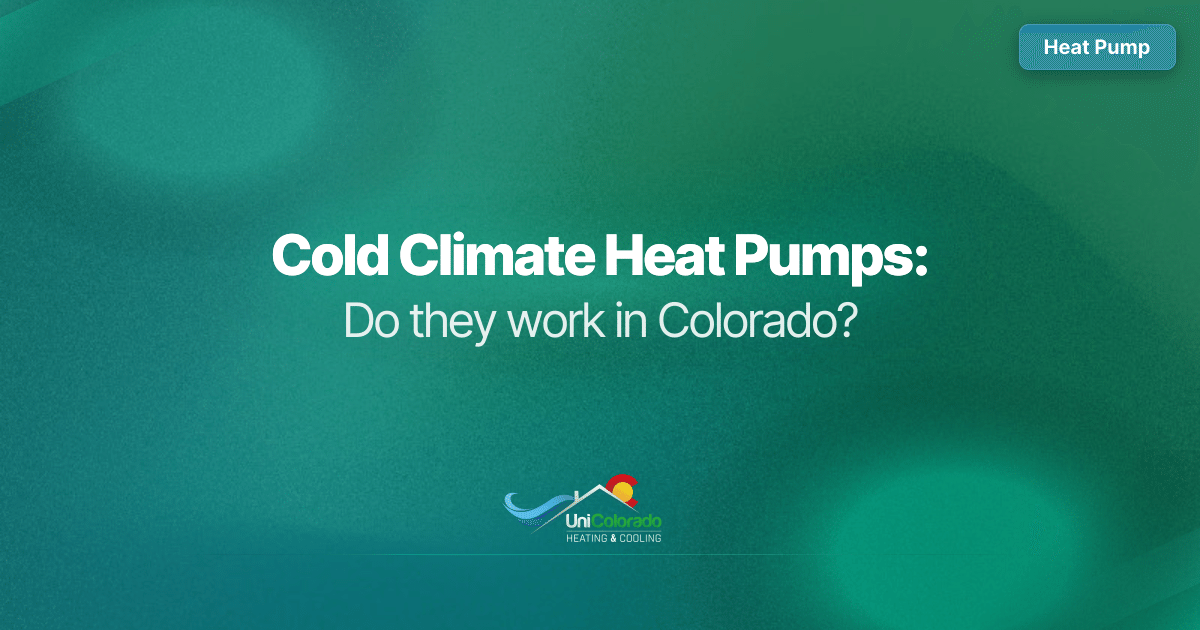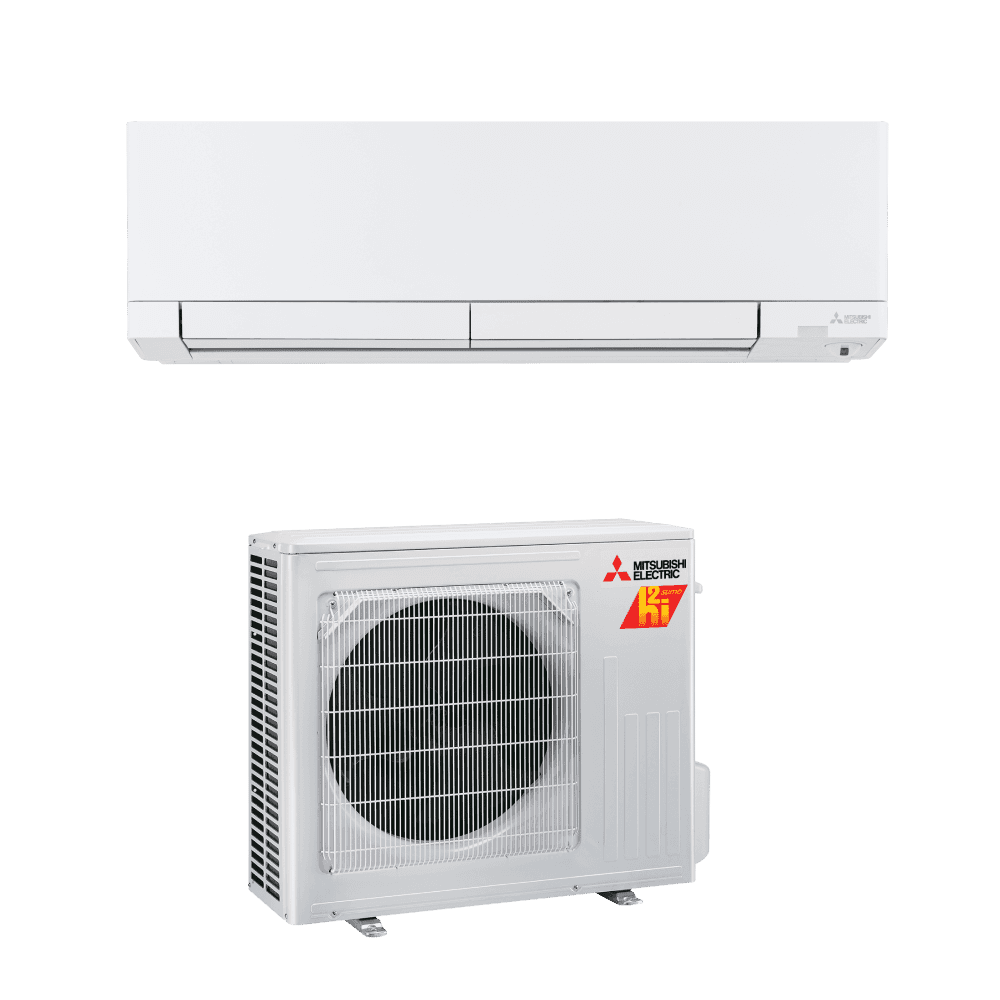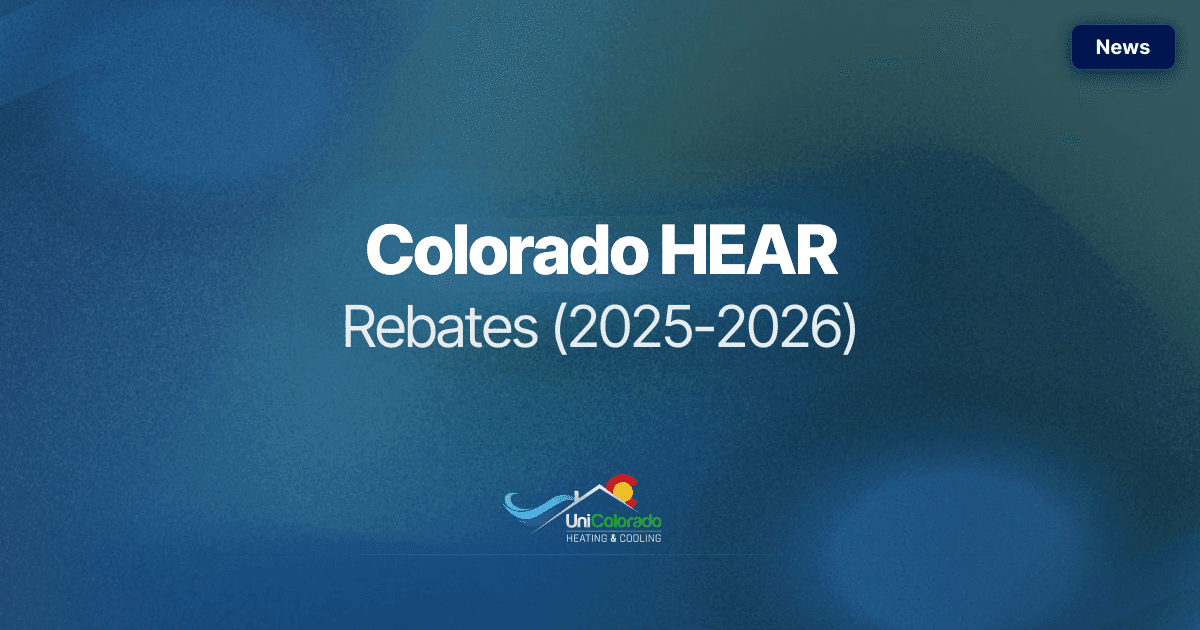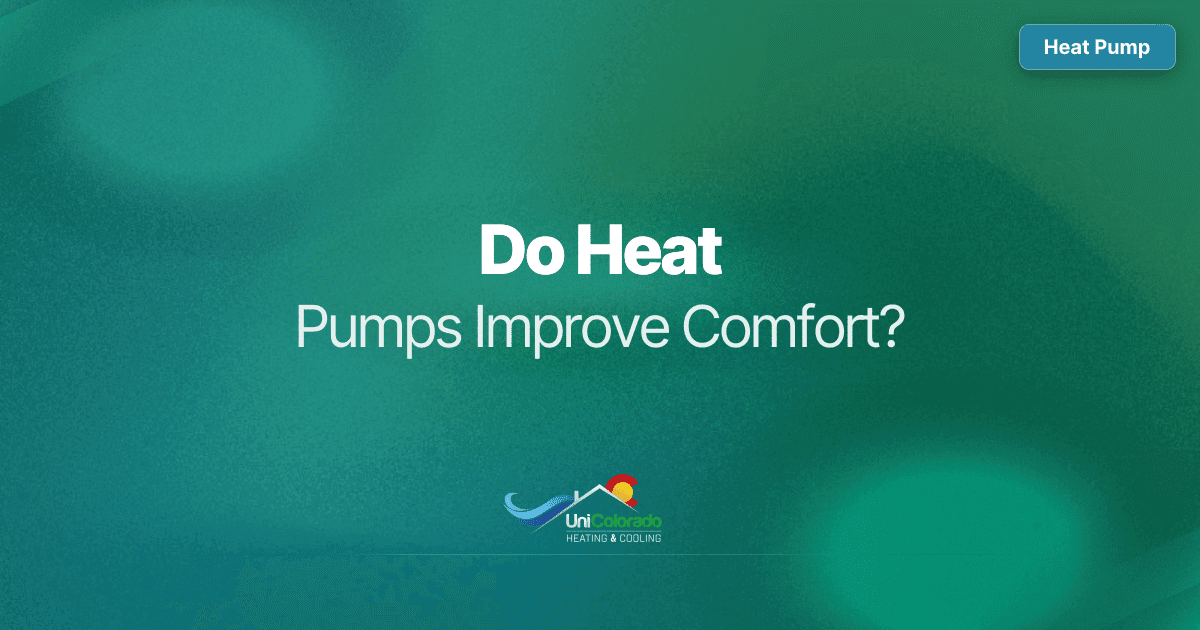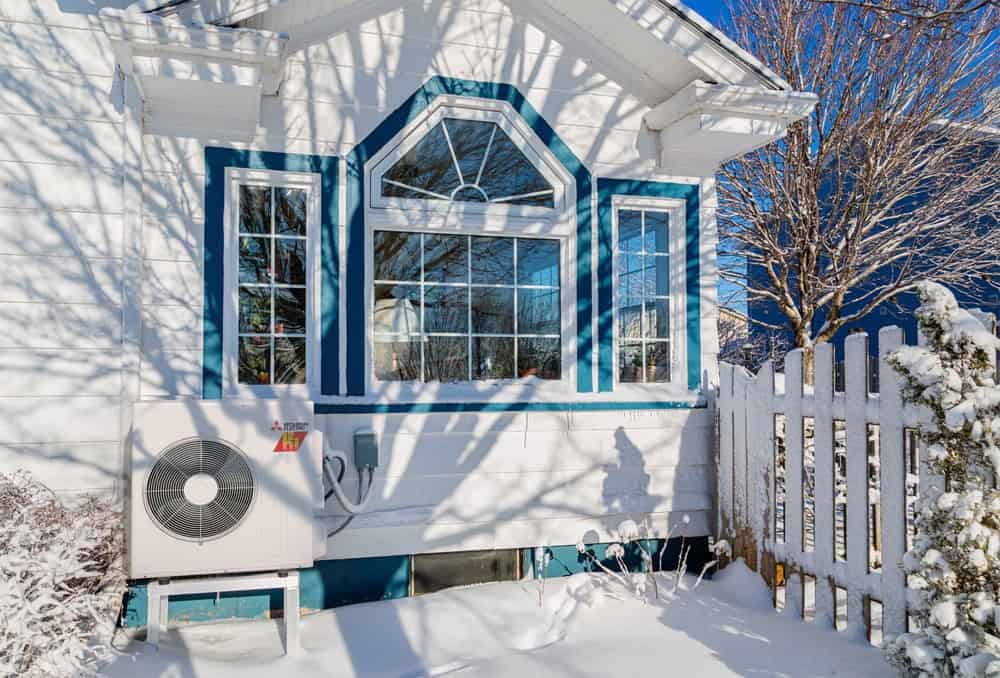
Heat pumps have come a long way since their introduction to the market in the 1950s. Traditionally, heat pumps were not right for cold climates due to their inability to work at low temperatures. Advancements supported by the Federal Government have changed that.
The short answer is yes, heat pumps work in Colorado. New models referred to as "cold climate heat pumps" can cover all or most of a home's heating load. With improvements in coil design, compressor technology, and refrigerant systems, modern units provide reliable heating down to extreme temperatures.
What is a Cold Climate Heat Pump?
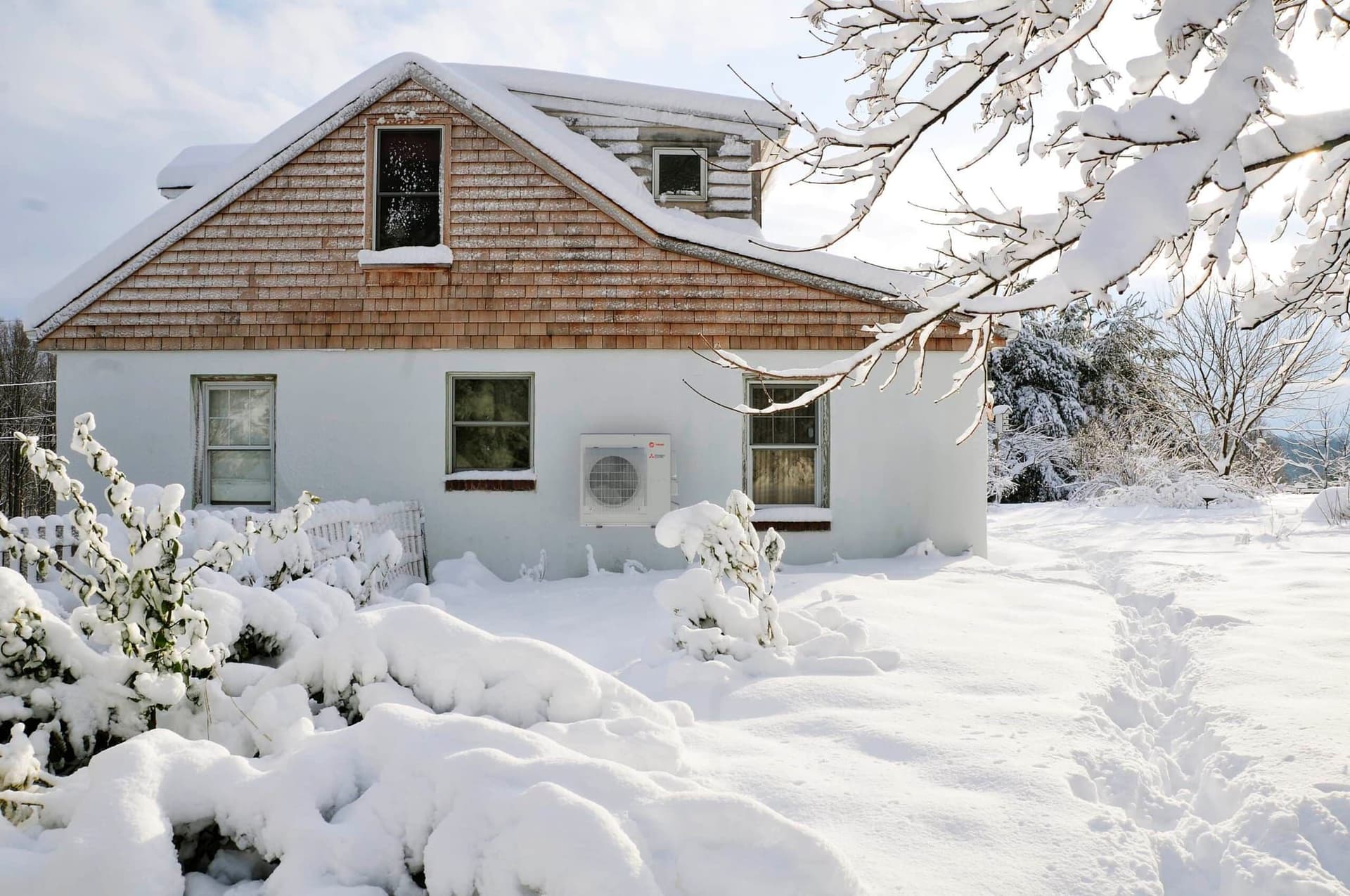
A cold climate heat pump extracts heat from outdoor air and transfers it indoors for heating. In summer, the process reverses to provide cooling. Unlike standard heat pumps, cold climate units use inverter-driven compressors and enhanced refrigerant systems to maintain full heating capacity at much lower ambient temperatures.
Cold climate heat pump systems have been tested in locations as cold as Northern Alaska, demonstrating effectiveness in extreme conditions.
At UniColorado, we have installed heat pumps in Colorado for over 10 years. As of 2026, a properly designed cold climate system can cover the vast majority of a home's heating load, and in many cases the entire load.
How do modern heat pumps work in cold weather?
Inverter-driven compressors, advanced refrigerant cycling, defrost cycles, self-learning variable capacity, and ECM motors are the main reasons modern cold climate heat pumps can function at ambient temperatures as low as -20°F.
Inverter-Driven Compressors

Variable-Speed Motors
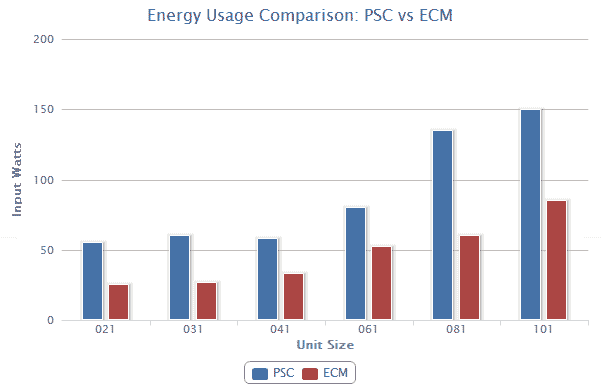
Coil & Refrigerant Systems
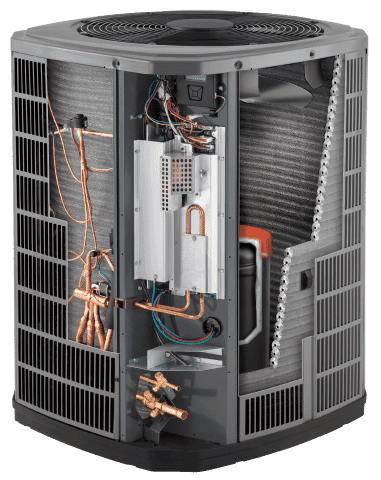
Pros of cold climate heat pumps
The biggest advantage is efficient, electric heating that doesn't directly consume fossil fuels. Beyond that, cold climate systems offer a range of benefits that standard heating systems don't.
Key advantages
- Lower energy consumption vs. resistance heating
- Eligible for Xcel rebates and Colorado incentive programs
- Reduces or eliminates direct fossil fuel consumption
- Variable capacity compressors reduce noise and improve comfort
- Self-learning demand patterns for smarter operation
- Pairs well with rooftop solar (PV)
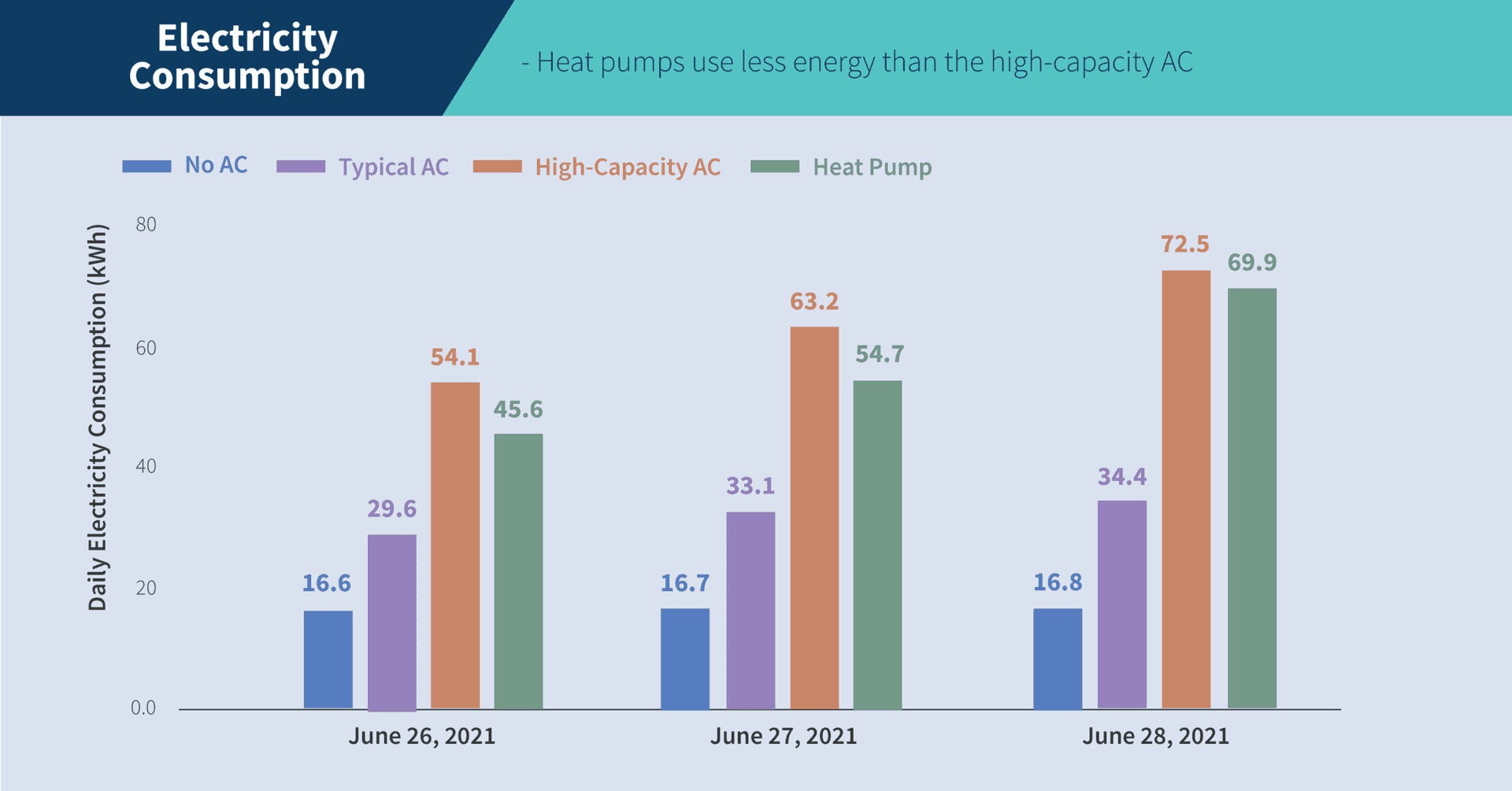
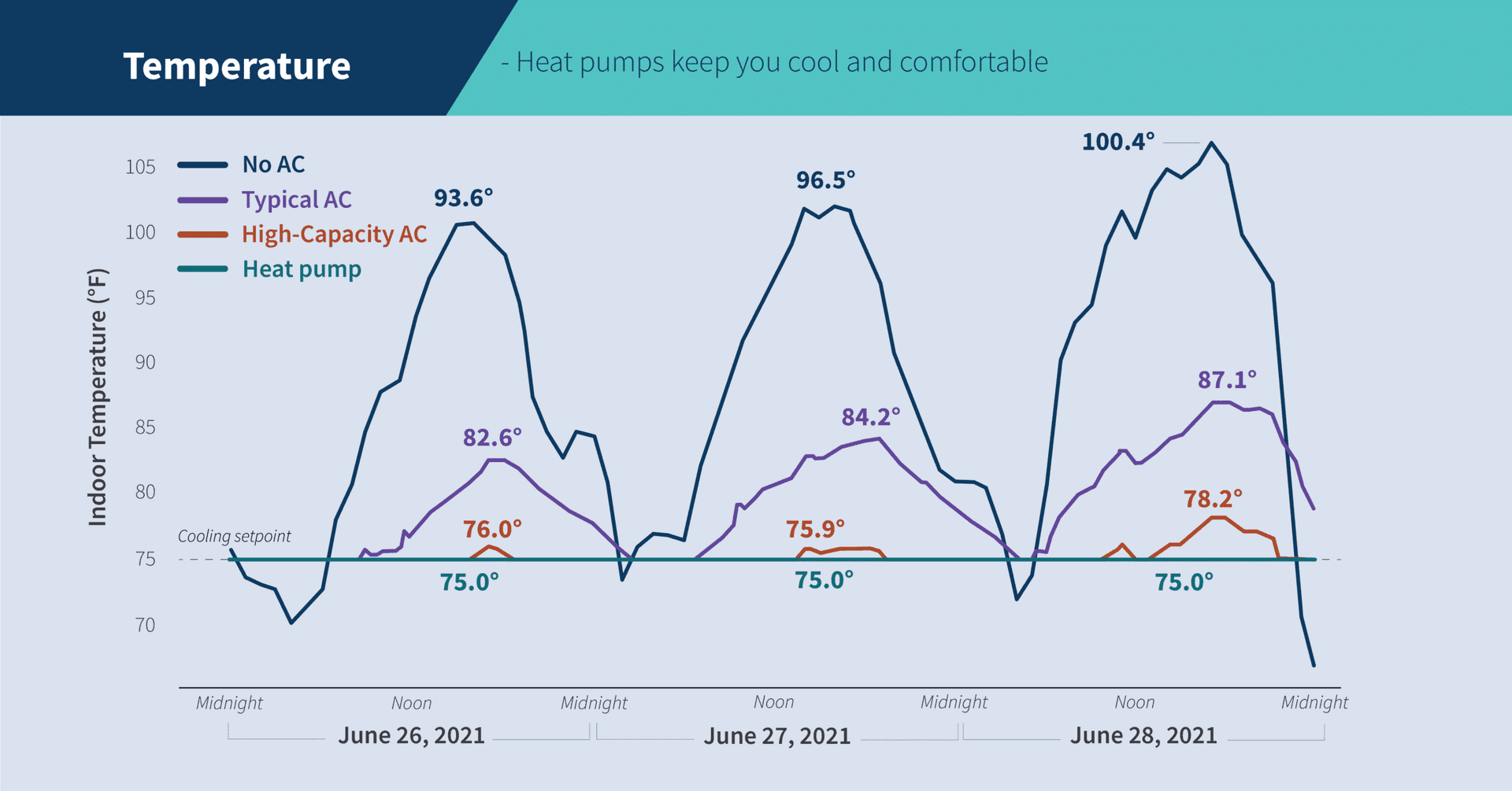
Cons of cold climate heat pumps
Cold climate heat pumps have real tradeoffs. We walk every customer through these before recommending a system.
Tradeoffs to know
- Higher upfront cost than traditional heating (typically 10-20% more)
- Lab efficiency and real-world performance vary widely by home
- Electric heating may cost more depending on local utility rates
- Build quality varies significantly between brands
We take all of these into account to ensure your investment is durable, reliable, and matched to your home's actual needs.
Cold climate vs regular heat pump: which is better for Colorado?
Regular heat pumps work best in mild climates where temperatures rarely drop below freezing. In Colorado, they struggle to extract heat efficiently at low temps, leading to decreased heating performance and heavy reliance on supplemental heat.
Cold climate heat pumps are built for this. Inverter-driven compressors and enhanced refrigerant systems extract heat even at extreme temperatures.
Regular Heat Pump
Works for mild climates
- Lower upfront cost
- High efficiency cooling
- Retrofits into existing infrastructure easily
- 50%+ heating electrification
- Typical heating range: 17°F and above
- Fewer features, less cold-weather headroom
Cold Climate Heat Pump
Built for Colorado winters
- 80-100% heating electrification
- Variable-capacity compressor
- Much wider heating range (down to -24°F)
- Advanced features (self-learning, smart zoning)
- Higher installed cost
- System design requires careful load calculation
Compare systems
How much does a cold climate heat pump cost in Denver?
Installed cost depends on home size, model, and installation complexity. Cold climate heat pumps run higher than standard systems.
The typical out-of-pocket cost to install a cold climate heat pump in Denver was $13,200 - $18,400 for our customers in 2023 (approximate; costs may vary in 2026 due to tariffs and market changes).
Higher upfront cost aside, these systems can deliver meaningful energy savings over time, and multiple rebates and incentives are available to Colorado homeowners through Xcel Energy and state programs.
- System Type
- Air-Source Heat Pump
- Installed Cost Range
- $6,200 - $18,500
- System Type
- Cold Climate Heat Pump
- Installed Cost Range
- $7,200 - $24,100
Best cold climate heat pump brands we install
We are certified dealers for Mitsubishi, Carrier, and Bosch. These three produce the most reliable cold climate systems available. Each takes a different approach to cold-weather performance.
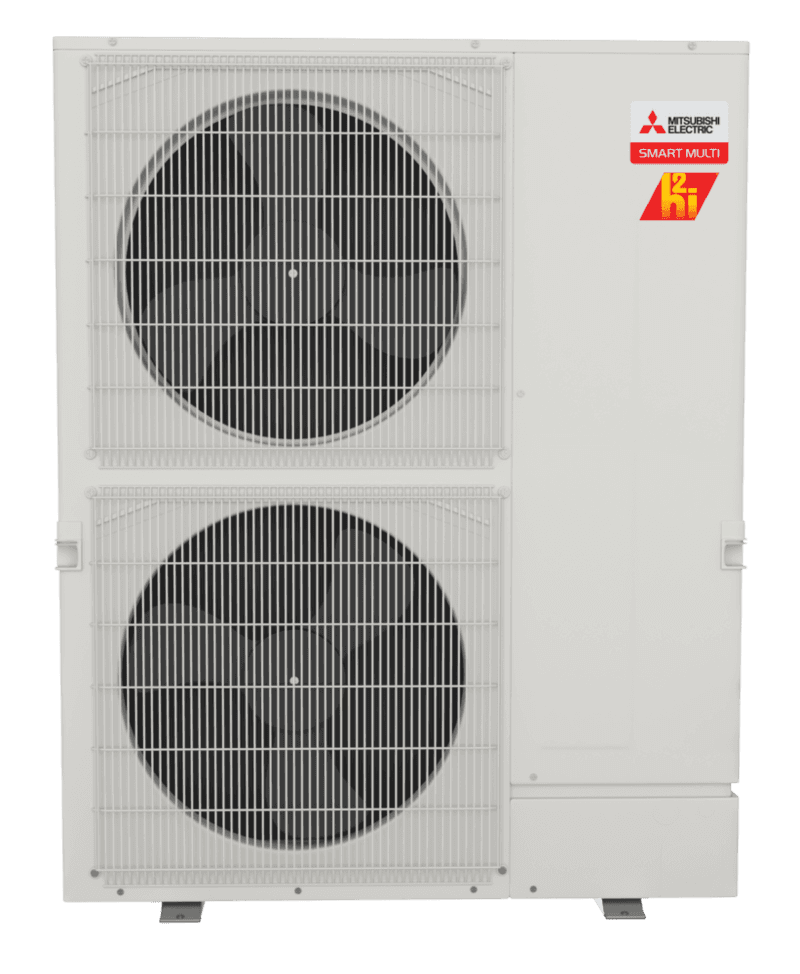
Mitsubishi
Hyper-Heat (H2i)
Industry-leading cold climate performance rated to -24°F. Electric-only, no backup furnace needed in most homes.
- ✓Rated to -24°F
- ✓10 HSPF2
- ✓Up to 42,000 BTU
- ✓Variable-speed inverter
- ✓NEEP listed
- ✓kumo cloud WiFi
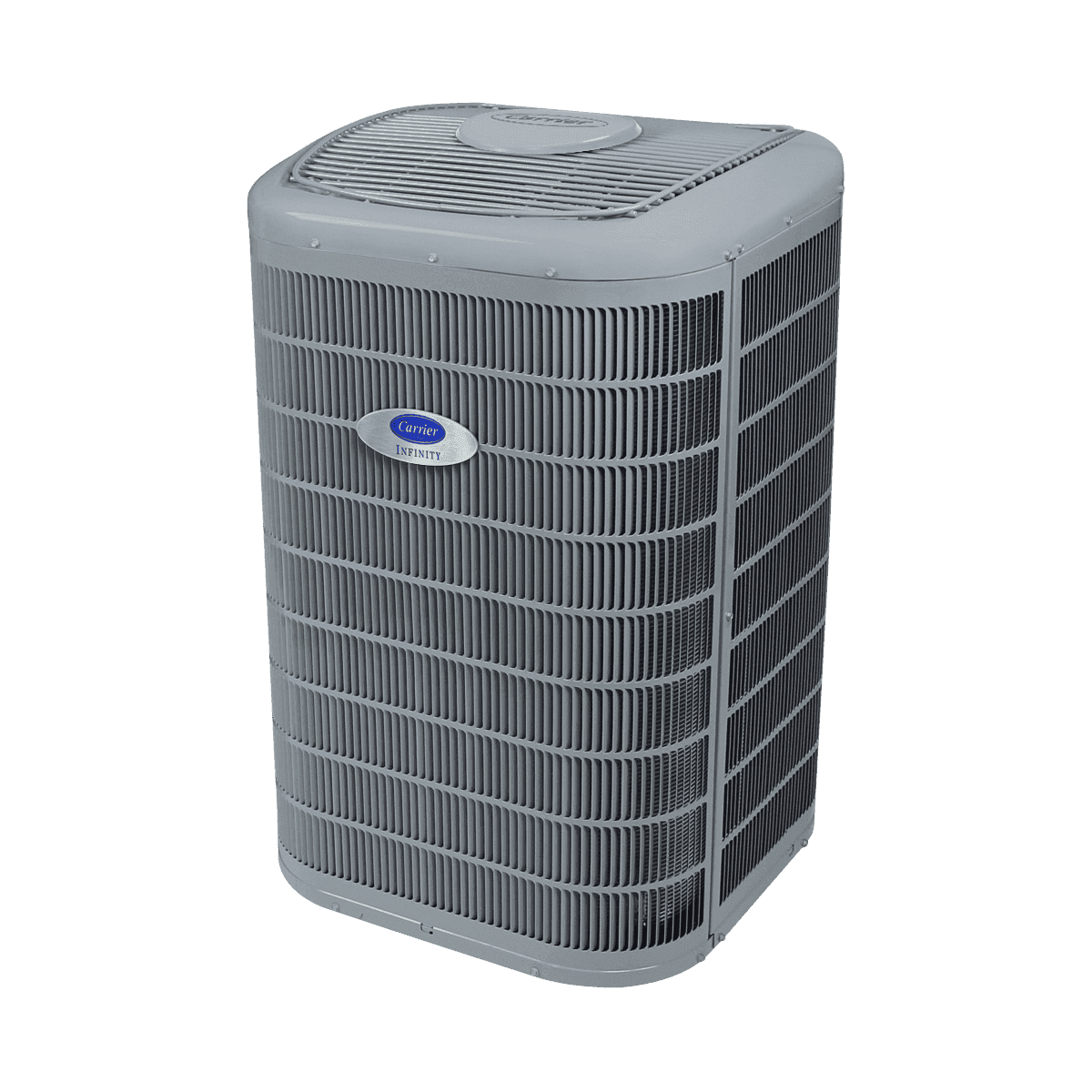
Carrier
Infinity Greenspeed
Premium variable-speed system with Greenspeed intelligence. Excellent for dual-fuel configurations with existing gas furnaces.
- ✓Rated to -22°F
- ✓9.5 HSPF2
- ✓Up to 19 SEER2
- ✓Greenspeed intelligence
- ✓Variable-speed
- ✓Dual-fuel capable

Bosch
IDS Ultra
German-engineered inverter system with exceptional low-temperature performance. Strong dual-fuel option with wide capacity range.
- ✓Rated to -13°F
- ✓10 HSPF2
- ✓Up to 20 SEER2
- ✓Inverter-driven
- ✓NEEP listed
- ✓IDS compatible
UniColorado: The Leading Heat Pump Experts in Denver
Over a decade of installs. Our team has hands-on experience with every major cold climate brand and model available in the Denver market.
Transparent pricing. No hidden fees, no pressure. We publish our pricing ranges and stand behind our best price guarantee.
Manual J load calculations. Our owner brings 37 years of HVAC experience. Every system is engineered for your specific home, not sized by rules of thumb.
We install the brand that works best for your home. We are certified dealers for Mitsubishi, Carrier, and Bosch, and we choose based on the home's needs, not margin.
Ready to explore cold climate heat pumps?
Free estimates, honest answers, no pressure.
